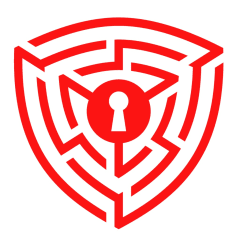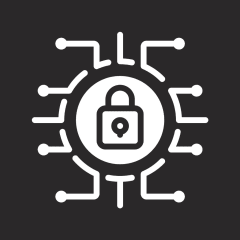Proofreaders and editors play distinct yet complementary roles in the publishing process:
Proofreaders primarily focus on identifying and correcting errors in grammar, punctuation, spelling, and formatting. Their main responsibility is to meticulously review written content to ensure it is free from mistakes and conforms to language conventions and style guidelines. Proofreaders often work on the final draft of a document or publication, providing a thorough examination to catch any remaining errors before it goes to print or is published online. Their attention to detail and keen eye for spotting mistakes make them invaluable in the quality control process.
Editors, on the other hand, have a broader scope of responsibilities that encompass both the technical aspects of proofreading and the substantive aspects of content editing. While editors also review written content for errors in grammar, punctuation, and spelling, they additionally focus on improving the overall clarity, coherence, and effectiveness of the text. Editors work closely with authors or contributors to refine their ideas, develop compelling narratives, and ensure consistency in style and tone throughout the document or publication. They may also make structural changes, rewrite passages, or suggest revisions to enhance the flow and readability of the content.
Overall, while proofreaders specialize in error detection and correction, editors take a more holistic approach to shaping and refining written material to meet the desired standards of quality and audience engagement.
Related Careers

Incident Responder
An incident responder is a cyber security professional responsible for identifying, investigating, and mitigating security incidents within an organization.

Cryptanalyst
A cryptanalyst is a specialist in the field of cryptography who focuses on analyzing cryptographic systems and breaking codes to decipher encrypted information.

CISO
A Chief Information Security Officer (CISO) is a senior executive responsible for managing and overseeing an organization's information security program.

Security Software Developer
A security software developer is responsible for designing and developing software applications with a strong focus on security.

Cryptographer
A cryptographer specializes in the field of cryptography, which involves the study and practice of secure communication and data protection.

Security Architect
A security architect is a cybersecurity professional responsible for designing and implementing secure systems, networks, and applications to protect an organization's digital assets from cyber threats and attacks.

Penetration Tester
A penetration tester evaluates the security of computer systems, networks, and applications by simulating real-world attacks.

Information Security Director
An information security director is responsible for leading and overseeing the information security function within an organization.

Digital Forensics Analyst
Digital forensics analysts investigate and analyze digital evidence to uncover information related to cybercrime, data breaches, or other digital incidents.

Red Teamer
A red teamer specializes in conducting adversarial simulations and assessments of an organization's security measures, with the goal of identifying vulnerabilities and weaknesses.

Blue Teamer
Blue teamers are cybersecurity professionals who specialize in defensive security measures and strategies.

SOC Manager
A Security Operations Center (SOC) manager is responsible for overseeing the day-to-day operations and strategic direction of a SOC.

Security Engineer
A security engineer is responsible for safeguarding an organization's information technology infrastructure and data from potential threats, vulnerabilities, and cyberattacks.

Ethical Hacker
An ethical hacker is a cybersecurity professional who is hired by an organization to identify and fix vulnerabilities in their computer systems, networks, and applications.

Information Security Analyst
An information security analyst is responsible for safeguarding an organization's computer systems and networks against cyber threats and unauthorized access.

Cybercrime Investigator
A cybercrime investigator is responsible for investigating and combating cybercrimes.

Information Security Manager
An information security manager is responsible for overseeing and managing the information security program within an organization.

IT Security Consultant
An IT security consultant provides expert advice and guidance on information technology security matters to organizations.

